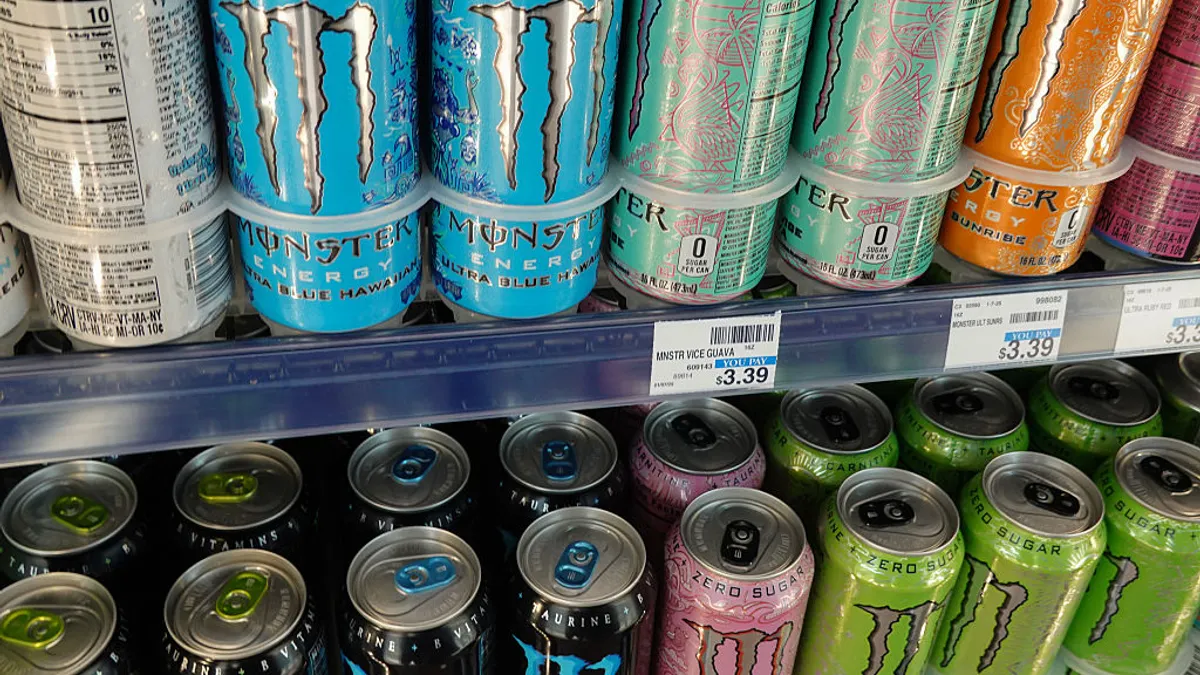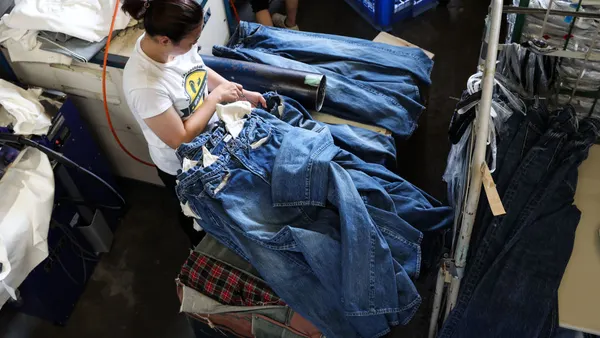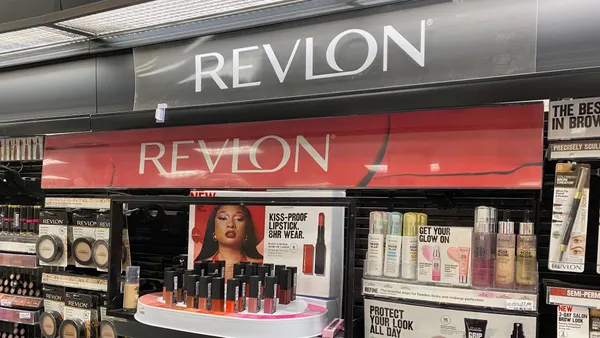Dive Brief:
- Monster Beverage expects a “modest” impact from tariffs in the current quarter and next year, primarily due to the high duty on imported aluminum for cans, CEO and Vice Chairman Hilton Schlosberg said in a Nov. 6 earnings call.
- Tariffs significantly affected the Midwest premium for aluminum, raising the cost of cans the company buys from suppliers, according to Schlosberg. The Midwest premium is an additional charge applied to base prices for aluminum delivered to the region. It can reflect factors such as energy and transportation costs as well as the impact of trade conflicts, including tariffs.
- "We will continue to recognize tariffs on aluminum through the higher Midwest premium and continue to implement mitigation strategies across the business where possible," the CEO told investors.
Dive Insight:
In February, Schlosberg said the company would take a wait-and-see approach to tariff mitigation and price increases, noting that it was premature to formulate a response. Since then, duties imposed by President Donald Trump on imported aluminum have forced the company to address higher costs.
"We do not believe, based on our business model, that the current tariffs will have a material impact on the company's operating results," Schlosberg said. "However, we expect it will continue to have a modest impact in the fourth quarter of 2025 and in 2026."
This year, the Midwest premium surged to a record high in November, Blake Hurtik, editorial manager at market intelligence firm Argus Media, said in an email.
“The 50% Section 232 import tariff has been the primary driver,” Hurtik said, referencing duties Trump imposed earlier this year.
Monster raised prices, effective Nov. 1, but the increases were not directly tariff-related and instead focused on revenue growth, Schlosberg said, adding: “Our pricing strategy considers consumer purchasing behavior, brand momentum, channel and package mix."
Other food manufacturers have also wrestled with the impact of aluminum tariffs this year. In September, The Campbell's Company reported that a lack of domestic supply of certain steel derivatives used for canning prevented the company from fully offsetting tariff impacts. The company expects to mitigate 60% of tariff costs in fiscal 2026.
“There’s not enough capacity available in the United States or supply available in the United States,” CEO, President and Director Mick Beekhuizen told investors. “If it was available, we would buy it locally."
Editor’s note: This story was first published in our Procurement Weekly newsletter. Sign up here.















